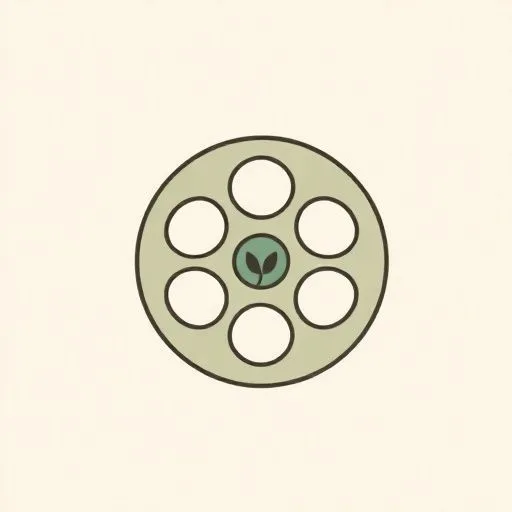
Are our children ready for the AI-driven creative frontier? In the vibrant world of film festivals, the Toronto International Film Festival (TIFF) is currently celebrating 50 years of storytelling innovation! What makes this particular festival significant isn’t just its milestone anniversary, but the stage it’s providing for one of our era’s most compelling conversations: how artificial intelligence is reshaping the creative landscape. As AI-generated material appears in submissions and panel discussions explore the boundaries between human and machine creativity, it’s a really interesting discussion happening—setting standards about authorship, authenticity, and the very nature of imagination itself! This isn’t just about movies; it’s about the creative future our children will inherit and how we prepare them to thrive within it. My own daughter, with her boundless imagination, often reminds me that the best stories come from our hearts, not our algorithms!
How Is AI Shaping the New Creative Frontier?
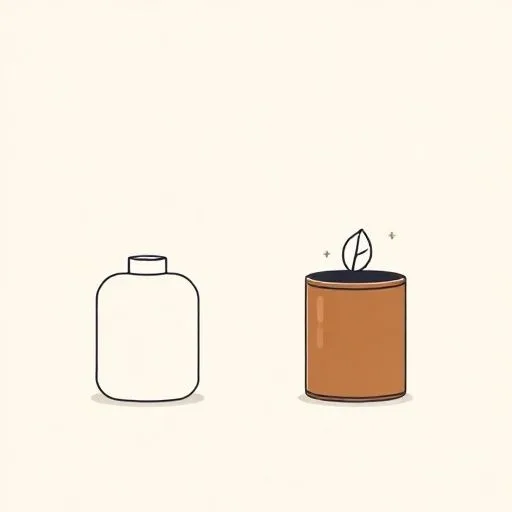
At TIFF this year, the conversation around AI in filmmaking has taken center stage, with different approaches emerging across the industry. Some festivals, like one founded by actor Justine Bateman, promise absolutely no AI content. Meanwhile, TIFF strikes a balance, allowing AI-generated material but requiring full transparency about how AI was used in the creative process. It’s a bit like what we do at home with tech, you know? Trying to grab onto the cool new stuff while holding onto what makes us *us*! Growing up with both traditional Korean values and all things Canadian, it’s always been about finding that perfect mix—old wisdom with new tools, just like in our kitchen where we blend kimchi with everything from pizza to grilled cheese!
As documentary filmmakers experiment with AI tools and researchers showcase new possibilities, the question emerges: what does this mean for the stories our children will create one day? The festival’s role as a ‘major launching pad for Hollywood’ ensures these conversations won’t stay confined to industry circles but will ripple outward into the broader cultural consciousness. My own little one recently asked if a computer could make drawings with the same heart as she puts into hers—and let me tell you, that question hit me right in the parental feels!
How Can We Teach Authenticity in a Digital Age?
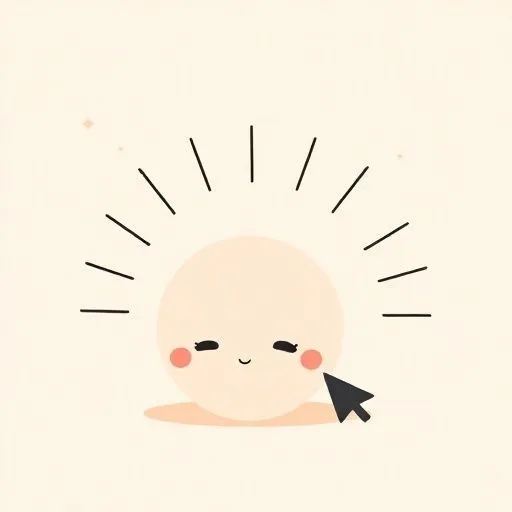
Perhaps the most profound question emerging from these AI debates centers on authenticity—what makes creative expression uniquely human? When AI can generate images, write dialogue, and even assemble film sequences, how do we help children develop their own creative voices? The conversation happening around film festivals touches on these philosophical questions that become deeply personal parenting applications.
Helping young creators understand that while tools may evolve, their unique perspective remains irreplaceable! Reminds me of weekend craft sessions with my daughter, where we pull out everything from markers to mismatched craft supplies, creating pure magic together. There’s something so special about watching those little hands create—something no algorithm can truly replicate! Just as TIFF requires disclosure of AI usage, we might help children recognize when technology is enhancing versus replacing their own creative instincts. This isn’t about rejecting technological advancement but understanding how to navigate it with intention—especially in fields like AI in filmmaking where the boundaries are constantly shifting! It’s the digital age equivalent of teaching kids to balance their screen time with outdoor adventures!
The creativity of our children isn’t about competing with machines but learning to distinguish between what machines can do and only humans can dream.
How Do We Encourage Creativity Beyond the Screen?
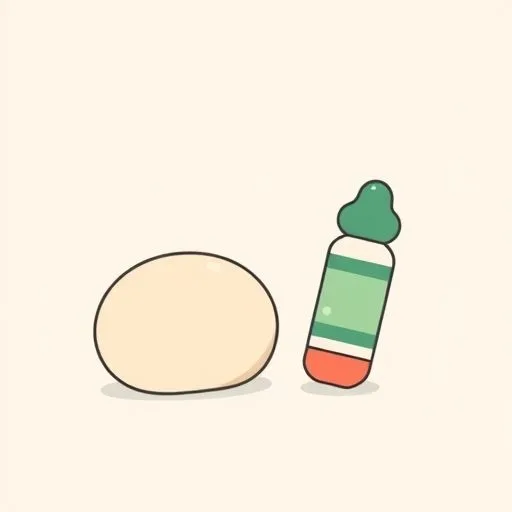
The practical ways we encourage creativity at home already contain lessons for this AI-infused future! When children draw, build with blocks, or compose stories, they’re developing skills that prepare them for any creative endeavor. The tactile experience of creating—whether it’s feeling crayons on paper or manipulating materials in hands-on projects—builds neural connections digital interfaces alone cannot replicate. Those precious moments when your child shows you their latest creation, eyes sparkling with pride? Pure gold!
Yet these same children will grow up in a world where AI in education provides new creative tools, and we find ourselves balancing screen time with hands-on experiences. The festival’s conversations remind us that technology should expand, not replace, the fundamental joy of discovery that comes from creating with one’s own hands and imagination—preparing them for any creative endeavor including AI in filmmaking! I love how my daughter can build an entire story with LEGOs one day, then use a drawing app the next—it’s all part of that beautiful creative journey!
What Awaits the Next Generation of Storytellers?

The very definition of creativity may be evolving, but the human need for connection through stories remains constant! As AI becomes part of the creative landscape it creates fascinating new opportunities for the next generation of storytellers. Consider how children today might approach creative tasks differently—collaborating with AI tools in ways we can barely imagine while still infusing work with their unique experiences and emotions. My daughter already talks to our smart speaker like it’s a person—imagine what she’ll create when she’s older with these tools!
The ethical questions being raised at TIFF today—about ownership, fairness, and attribution—will become increasingly relevant in educational settings where AI in education and AI in filmmaking becomes more common. Our children will need to understand not just how to use these tools, including AI in filmmaking assistants, but when and why certain creative approaches matter more than others. It’s so much bigger than just learning technical skills—it’s about keeping that precious human creativity at the center of everything they do!
How Can We Join the Conversation?
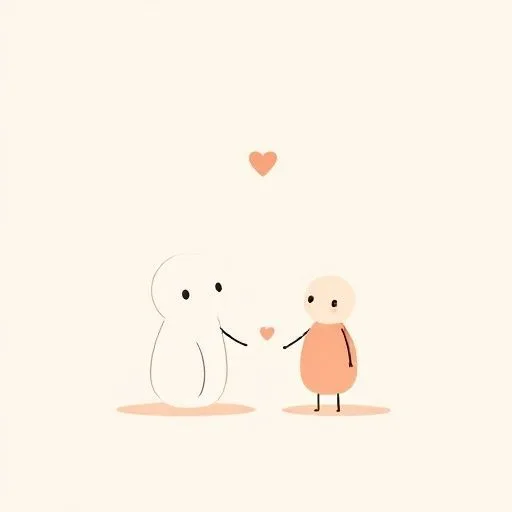
As parents, the conversations happening in cultural spaces like TIFF aren’t happening in isolation. They echo the questions many of us ask ourselves about raising creative, ethical children in a digital world! When we discuss the responsible use of technology with our children, we’re participating in the same broader negotiation that’s taking place across industries.
What’s remarkable is how quickly these conversations are moving from theoretical to practical—just as the festival is hosting sessions about films created using OpenAI’s Sora models, tomorrow’s classrooms will need similar frameworks for understanding creation in the AI age. Perhaps our greatest opportunity is helping children see technology, including AI in filmmaking, not as a replacement for human creativity, but as a new canvas waiting for their unique brushstrokes! There’s nothing more incredible than seeing our kids discover their own creative voices in this amazing digital world!
Source: Film festivals like TIFF set the tone for wider industry norms — here’s what we’re watching around AI, The Conversation, 2025/09/09
